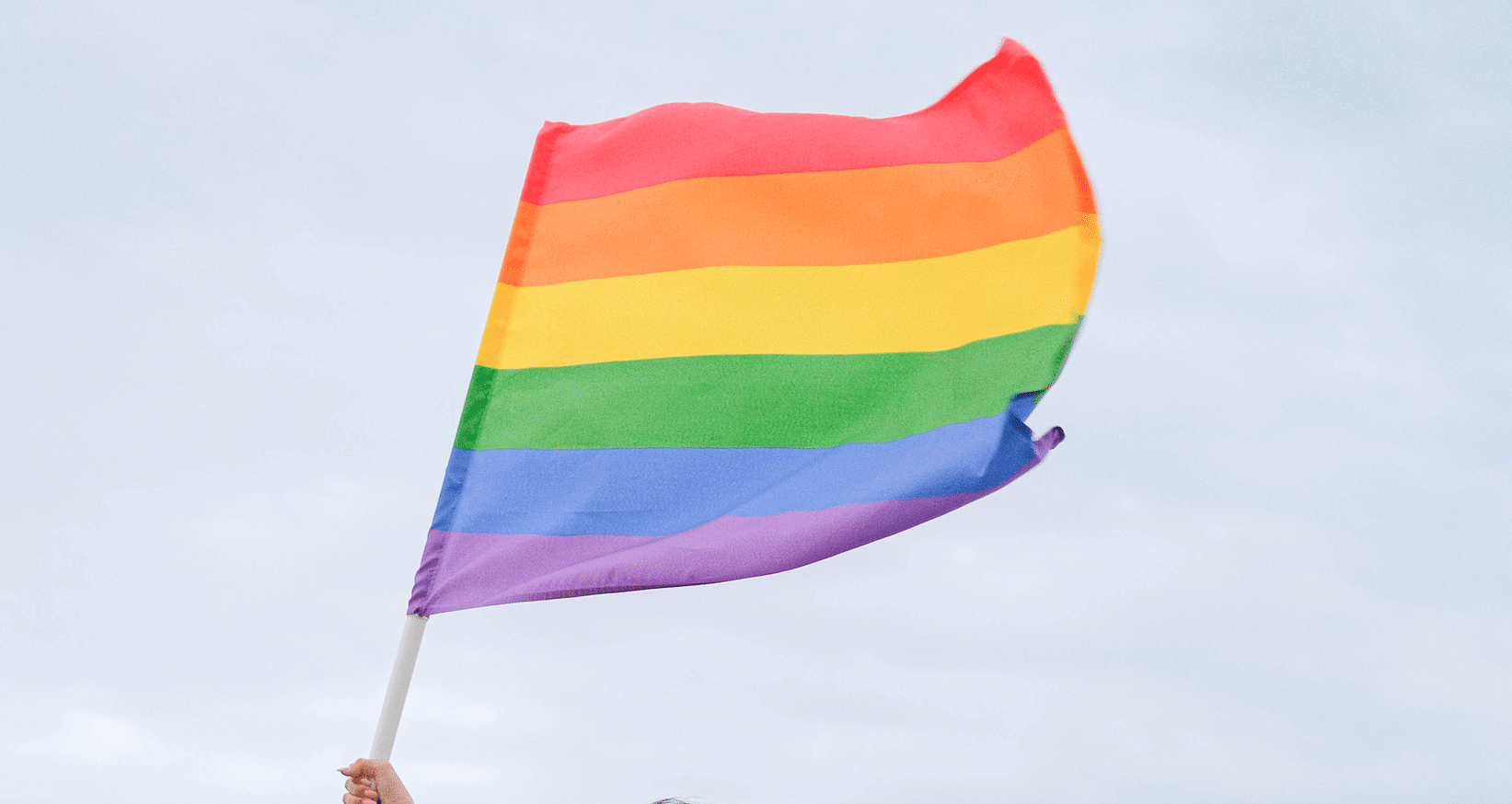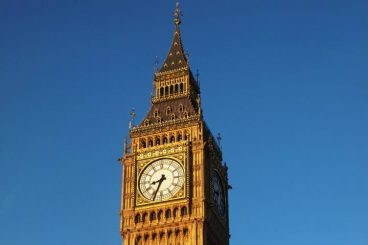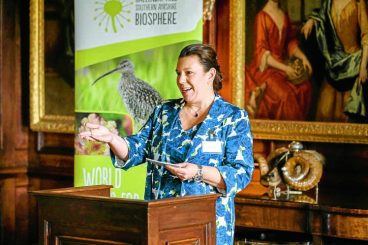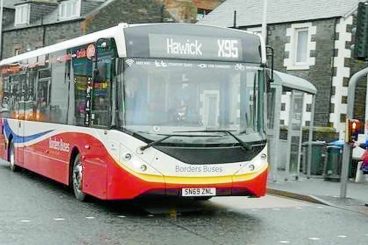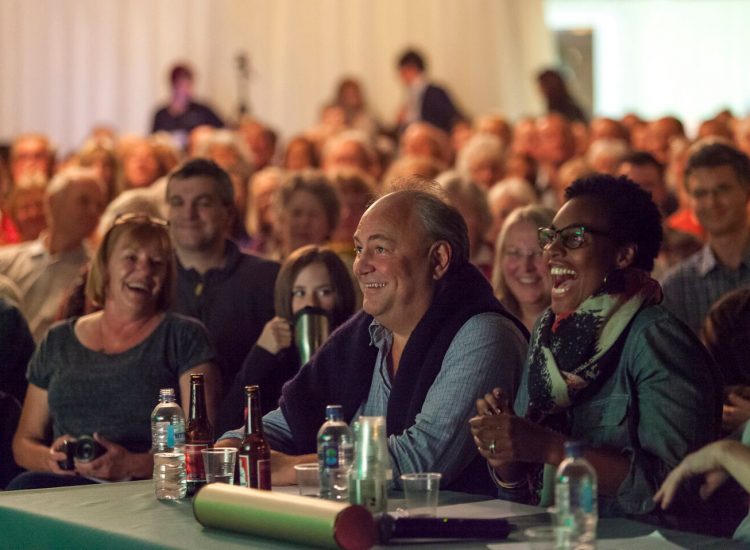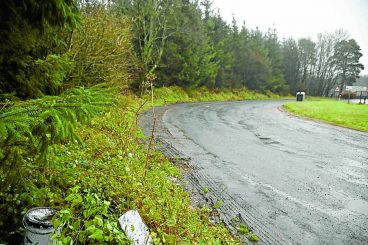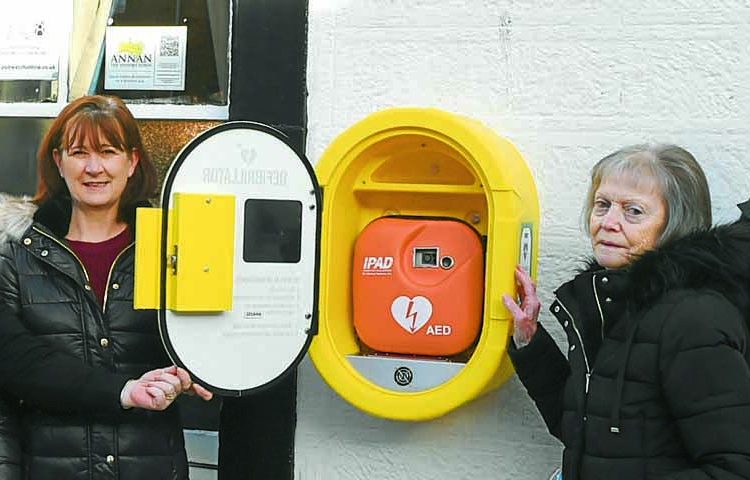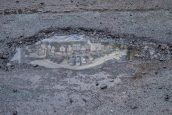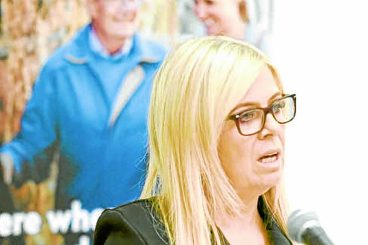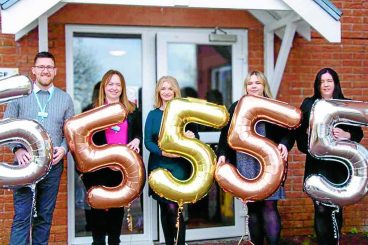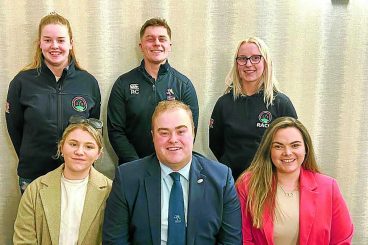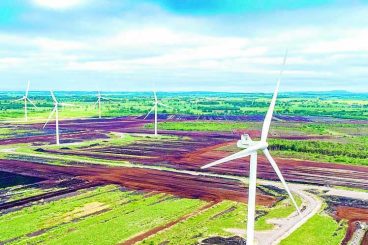THE number of young people in the region who feel they have to keep their gender identity or sexual orientation a secret has almost doubled in the last year.
That’s the findings of an annual report conducted by LGBT Youth Scotland looking at life for youngsters in Dumfries and Galloway who identify as lesbian, gay, bisexual, and transgender.
It draws on responses from a random sample of 371 pupils across 14 of the region’s schools.
And 17.3 per cent said they felt it was necessary to conceal their gender identity or sexual orientation to avoid negative consequences – an increase of 8.5 per cent from last year.
Just over a fifth reported being bullied or discriminated in school, with 61.5 per cent saying it was due to their perceived or actual LGBT identity, more than a third higher than in 2019.
Furthermore, the number of pupils who felt comfortable raising LGBT issues in class was at a four year low at 67.3 per cent.
Meanwhile, 71.4 per cent overheard other pupils using negative language towards the LGBT community, with 58.6 per cent of participants saying remarks went unchallenged by teachers, other staff, friends, or other pupils.
The number of respondents who identified as LGBT was 21.1 per cent, a decrease of 3.2 per cent from 2019; 3.8 per cent identified as transgender, whilst 4.3 per cent said they identify as pansexual – both up 1.7 per cent from 2019. Furthermore, 2.2 per cent said they were asexual – an option not listed in previous years.
Of those who identified as LGBT, 64.5 per cent were ‘out’ at school; just over half were ‘out’ at home; and 43 per cent reported being ‘out’ in the community.
Combining 2019 Scottish Government statistics with the research, LGBT Youth Scotland estimates that about 2700 13 to 25-year olds in Dumfries and Galloway are LGB+ and around 800 are transgender.
The report concludes: “Many more young people were out at school, home and in the community than ever before in D&G, which is positive.”
However, noting that 10.6 per cent of LGBT participants were not ‘out’ to anyone, it added: “We know that hiding one’s identity can have a negative effect on mental health, so it is important that young people get both information and support about coming out. Fear of negative reactions and bullying are likely to be a common reason for young people not coming out, so it is important for schools, youth groups and the wider community to continue to improve awareness and directly tackle discrimination.
“This year’s survey shows that D&G teachers are including LGBT identities and themes in more subjects than ever before, with over half of the respondents saying their school did so, however, when compared to last year, participants felt less comfortable in raising LGBT issues in class.
“Many young people shared troubling examples of bullying and negative language. These illustrate the day to day experience of many LGBT young people in our region and remind us that Dumfries and Galloway is not perceived as an inclusive and positive place to grow up for many young people.”
Among the recommendations for schools were to provide resources and information to support pupils in coming out, mark days and events in the LGBT cultural calendar and take opportunities across the curriculum to carry out preventative work exploring prejudice-based bullying.
*The report can be read in full at www.lgbtyouth.org.uk.





